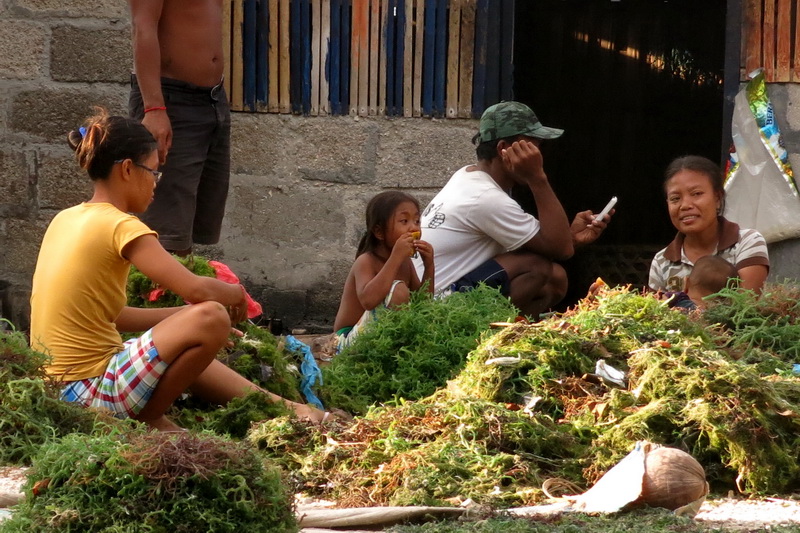Empowering the Locals, Alleviating the Poverty
When you are asked about Bali what is the first thing that comes across your mind? Pretty much any good things will cross over. People know Bali for its natural beauty, as one of the most affluent and rich provinces in Indonesia. However, little does everyone knows that not all the wealth is evenly distributed to all islands in Bali.
Unlike the glamorous stereotype to Bali, Nusa Penida is far away from all the glitters. The majority of Nusa Penida in Bali live below the official poverty line, although on average Bali’s poverty rate is below than 5%. More than that, the situation in Nusa Penida gets even worse due to its lack of infrastructure, making the logistical distribution more difficult.
In response to that, there have been many initiatives from central governments to put special attention to poor and underdeveloped regions. They launched both macro and micro-economic policies, such as massive infrastructure projects, poverty alleviation programs, and improving good governance. They all sound very promising, indeed. However, just like economic development theory that says the development project result would be enjoyed by the future generation, waiting for government initiatives to be done and spoiled down to the poor people in Nusa Penida would be a long way to go.
People in Nusa Penida are suffering from hunger and poverty. Their situation requires short-term strategic solutions that can help them put foods on the table and give them access to have better living. It’s not hard though to give short-term solutions to help people in Nusa Penida. Realizing its potentials in seaweed harvests through developing the community, employing the locals, and initiated by civil society can be a way to start.
Community development like this offers the bottom-up approach, where civil society is a group of people who can understand better the context and characteristics as well as give the tools to people there to govern their own natural resources. Besides, locals are the ones who understand better how to harvest the natural gift of seaweed. Although the idea is very common in development theory, implementing this initiative in Nusa Penida can be said relatively low. If more civil society galvanizes their movement to empower local people, alleviating poverty in Nusa Penida with this approach is no longer impossible.
